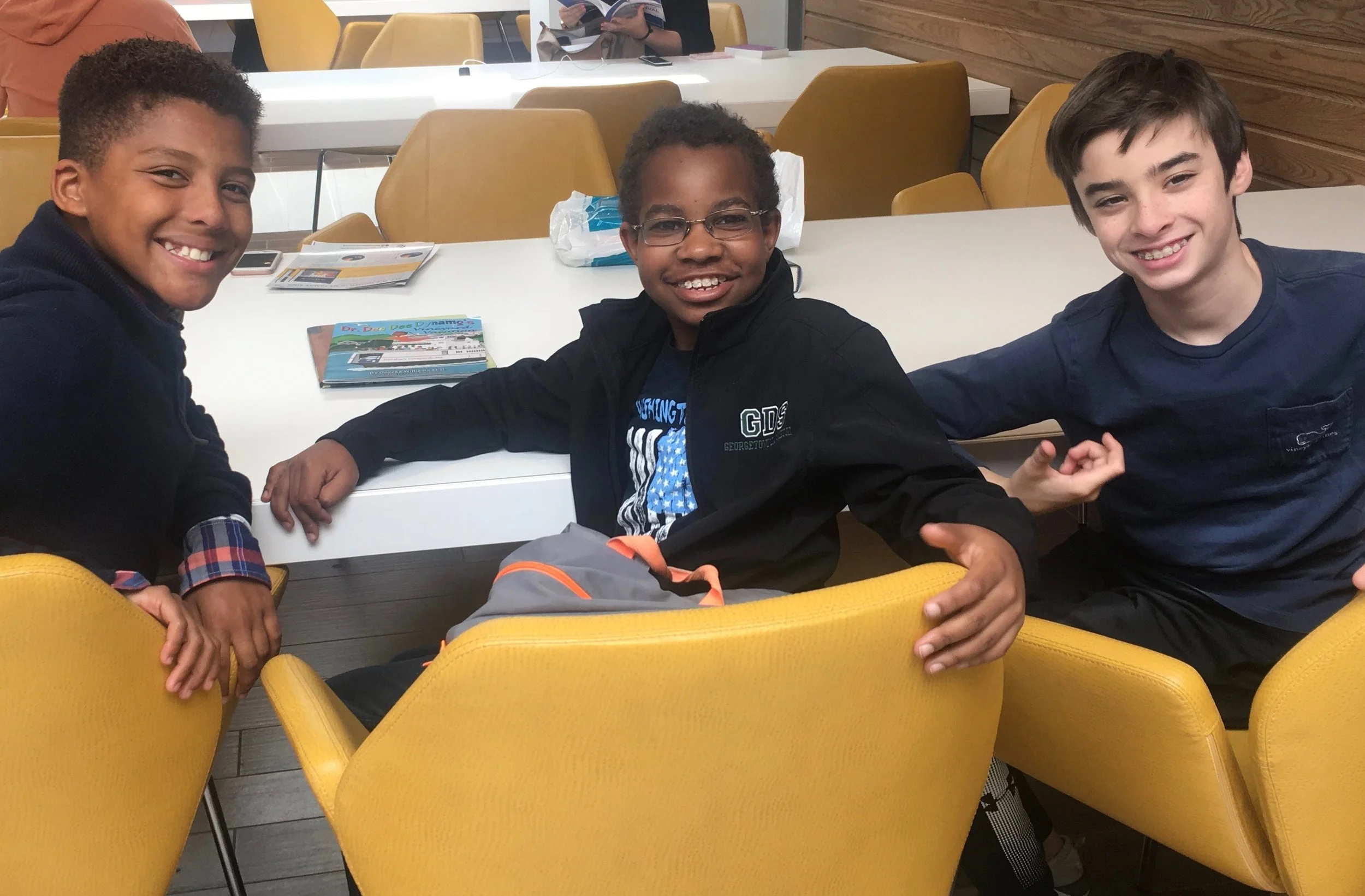Big Question: My four-year-old has suddenly starting speaking "baby talk", and it's driving me crazy ! What should I do?
As a former nursery school teacher and now as a parent coach, I have heard this question, recently raised on winnie.com, many times. As those of you with young children in your lives know, they will sometimes do anything for attention-- positive attention or negative attention, it doesn't matter, they will take either.
I am not saying that this is necessarily calculated consciously; it is just part of their learning curve. And that said, we all have examples of when interactions become habitual, and we as adults need to change our reactions in order for children to change theirs. If continually reminding them to use their big kid voice, isn't working, you need a new strategy.
In a recent parent coaching session, a parent expressed her total frustration with her child who had actually never spoken "baby talk," suddenly saying things like "me want juice" in a very babyish voice. She was correcting the child repeatedly, to no avail.
After ruling out major stressors at school or elsewhere, my first suggestion when a child is doing this routine is to try to ignore it as much as possible, I know, easier said than done. But, If it were as simple as reminding them not to use their "baby voice," this issue would not be so challenging.
Secondly, I would go out of my way to give them positive attention when this is not happening. Give them an extra hug... just because. Suggest reading a book together, even though it isn't your usual story time. Tuck a note in their lunch box or next to their cereal bowl. It can be a simple "I love you" with a big heart next to it.
During these times, when your child is not using this “baby voice” you might say how much you like that now that they are four-years-old they are so good at talking. You might even say that you like to remember when they were a baby and suggest that they will always be your baby, actually picking them up and cradling them. Most four year olds like to play along for a bit, and then quickly squirm away. It can be a silly but loving moment.
These little acts of kindness provide a great example to your child of how to express love - and may minimize the negative attention-getting behavior as well.







